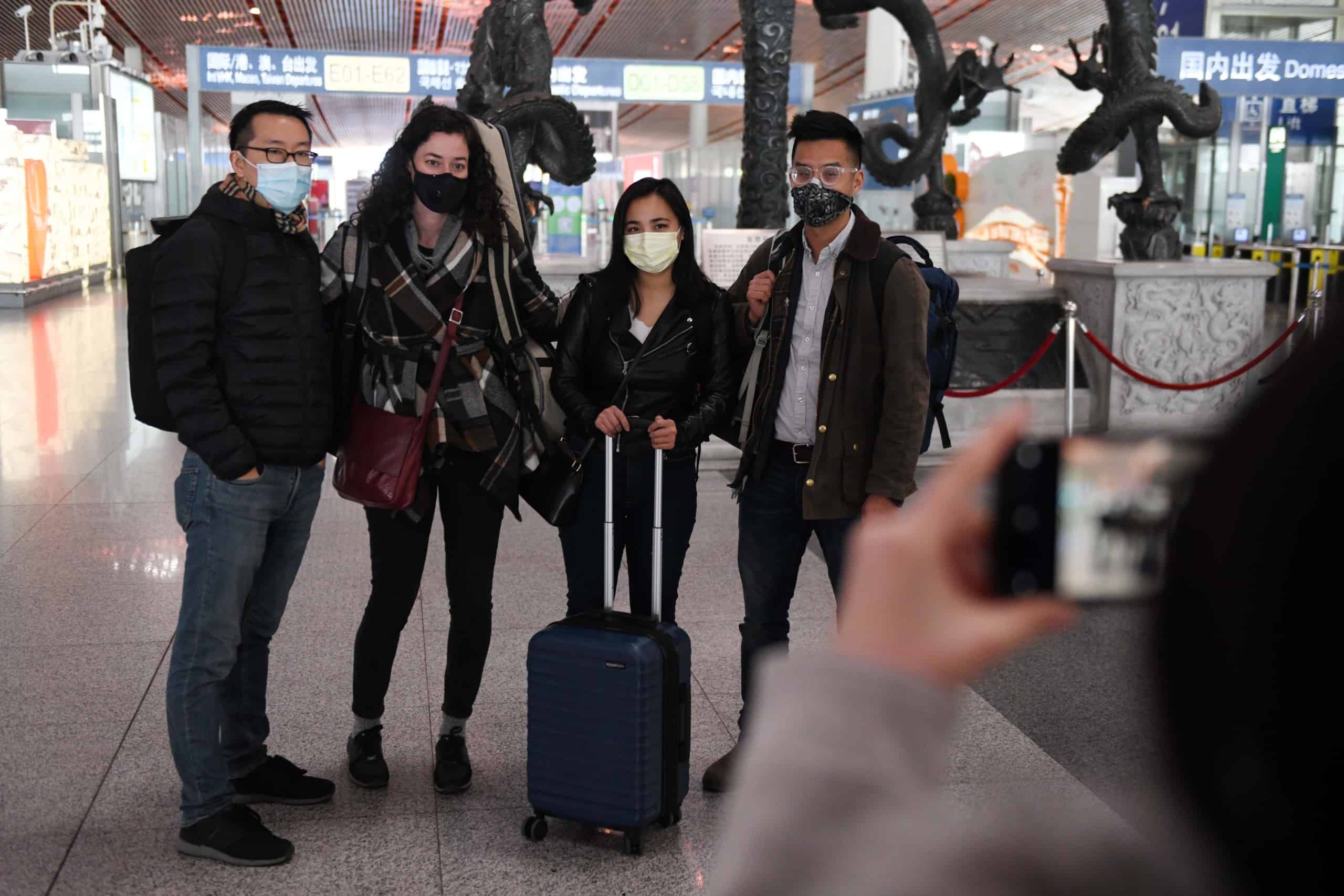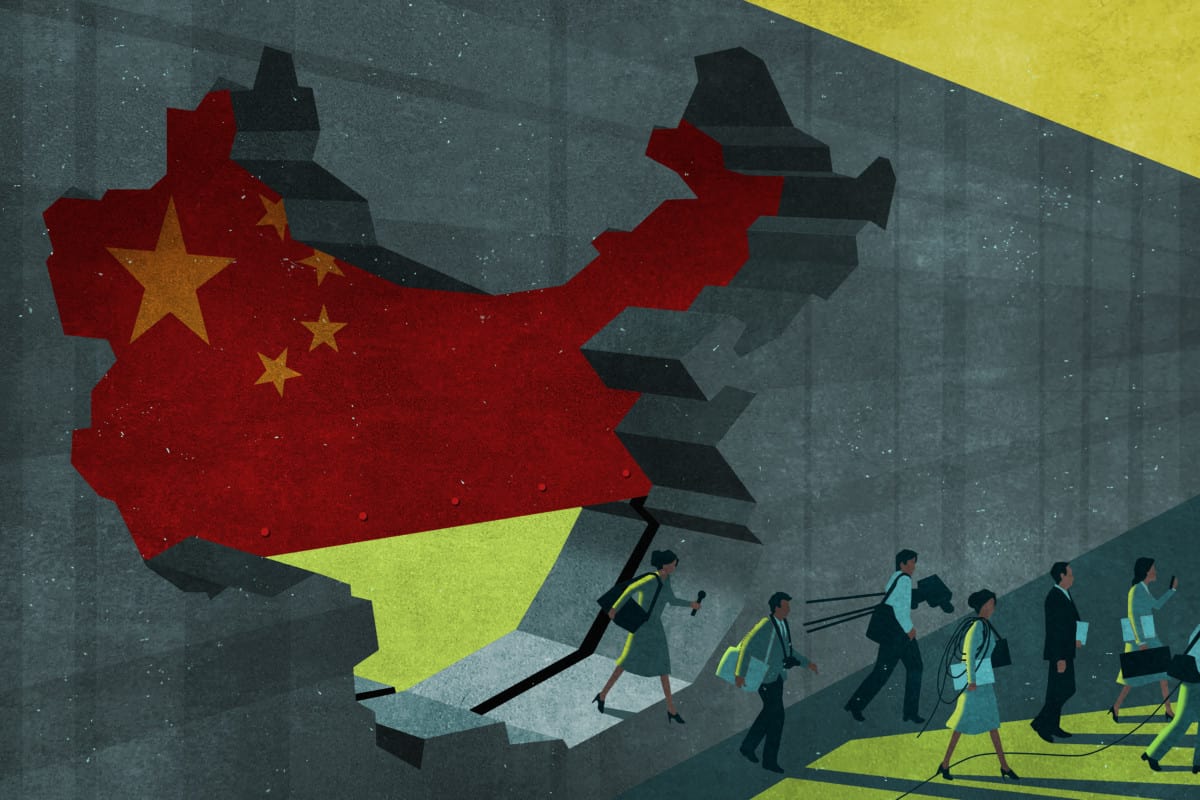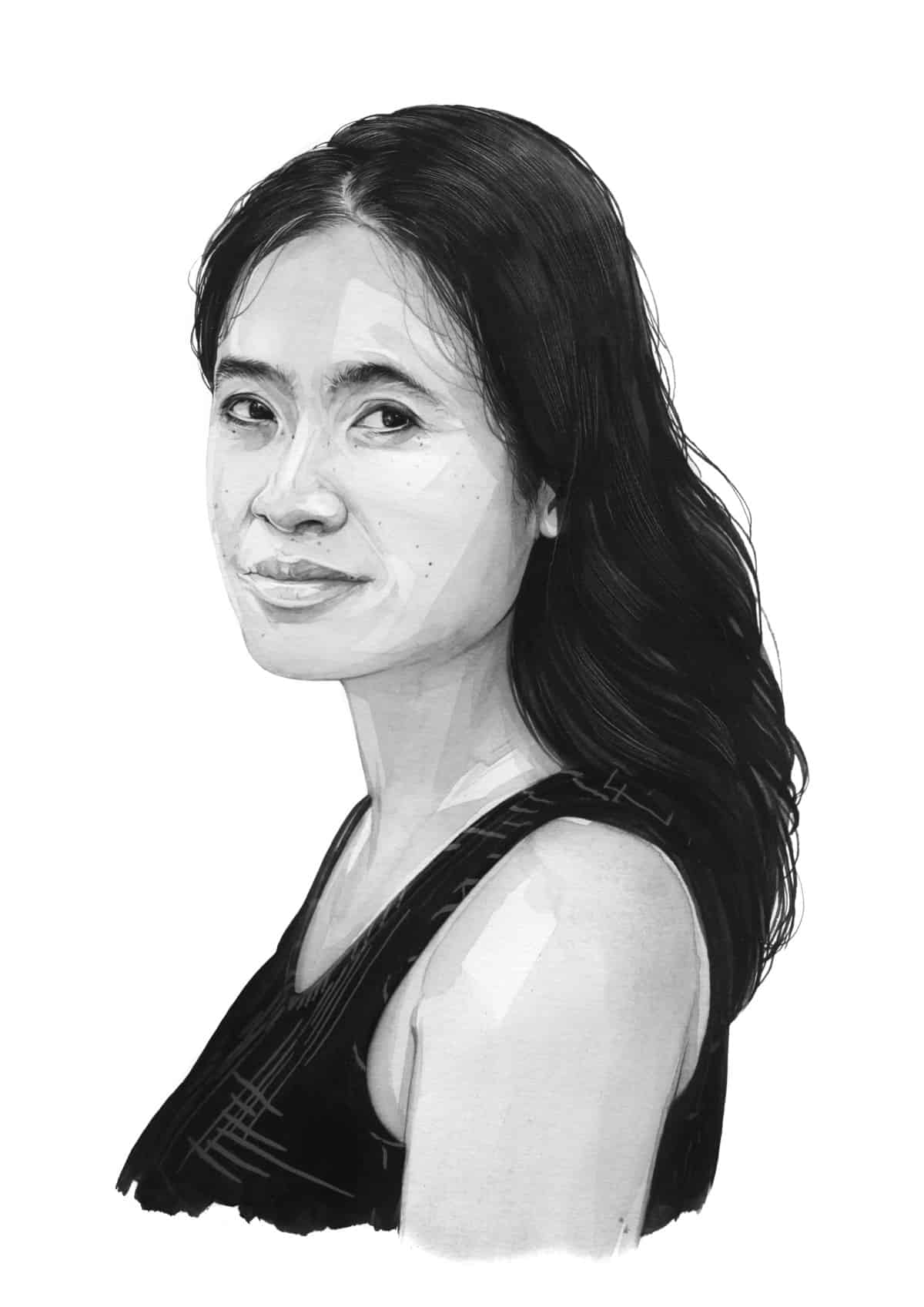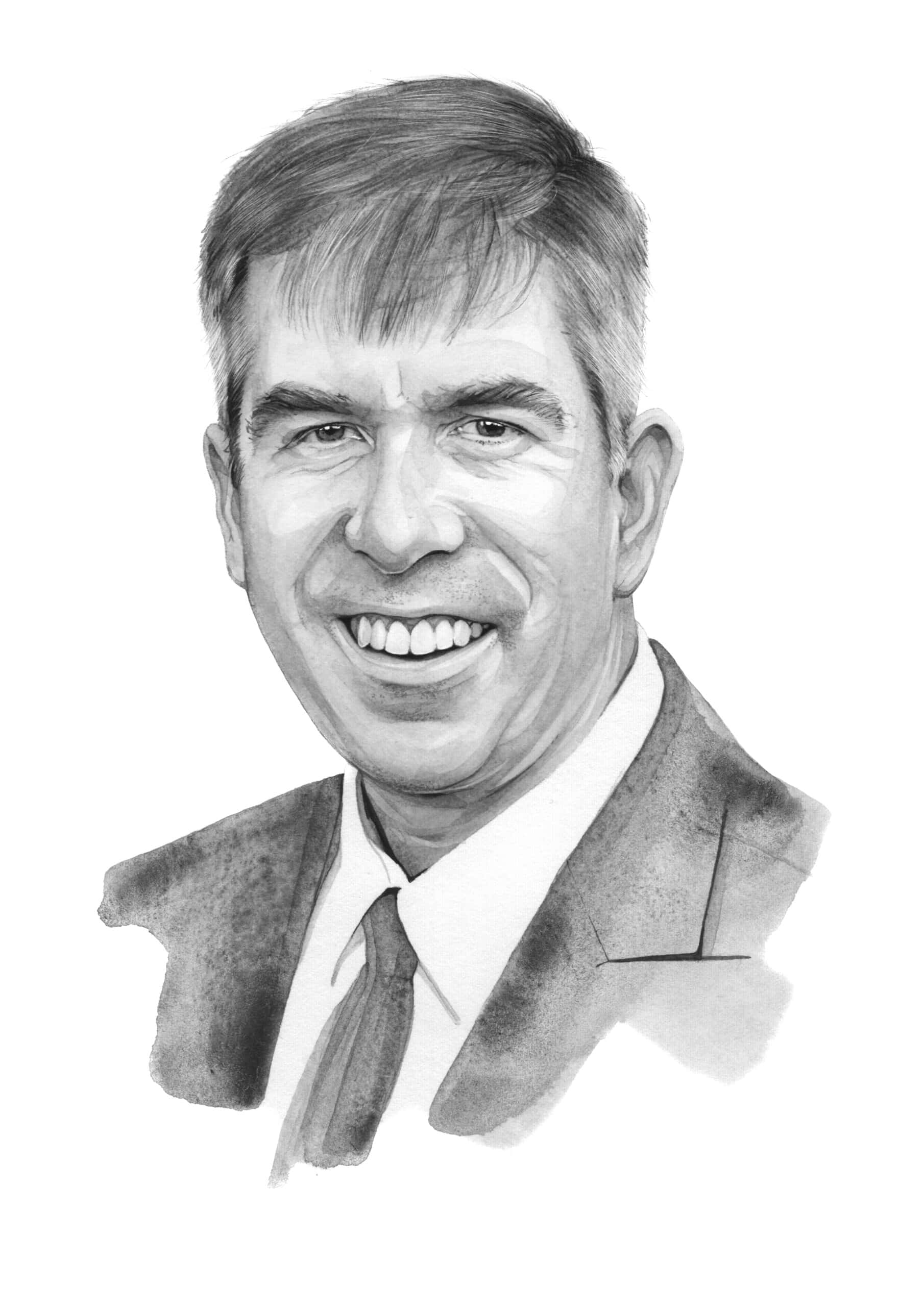
Credit: Greg Baker/AFP via Getty Images
Good evening. Happy Valentine’s Day and happy Chinese New Year. In our Q&A this week, Te-Ping Chen says that she used magical realism in her new collection of short stories about China because it evoked “that sort of more playful, surprising side of life in the country, which I think can be hard to access.” Indeed, if this week’s issue has a theme, it’s the ongoing struggle to access China’s surprising sides. Our cover story this week looks at the great expulsion of foreign reporters from the country, and our column from Victor Shih explores the rebel truth he found inside Clubhouse before China banned the app. Elsewhere we have a breakdown of the Nasdaq’s China year as well as the spectacular rise of RELX, China’s vaping king. If you’re not already a paid subscriber to The Wire, please sign up here.
Want this emailed directly to your inbox? Sign up to receive our free newsletter.

The Great Expulsion
In the past year, an escalating tit-for-tat between Washington and Beijing over journalist visas has nearly wiped out the American press corps in China. Foreign journalists have been forced to leave China in droves, closing the door for on-the-ground access to the world’s most populous nation and its second biggest economy. Now, as Katrina Northrop reports, the whole world will be forced to deal with the consequences.

Credit: Li Auto
The Big Picture: Year of the Nasdaq
More Chinese companies listed on Nasdaq in 2020 than any year since 2010. And, despite growing tensions between the U.S. and China, the newly listed companies thrived. This week, The Wire’s datagraphics looks at the Chinese companies that listed on Nasdaq in 2020, the most likely destination for growth-oriented companies. We also zero in on Li Auto, the electric vehicle company that was the largest Chinese IPO on the exchange.

Credit: RELX
Vaping Madness
A three-year-old e-cigarette company from China went public on the New York Stock Exchange last month. It’s already worth $35 billion. RELX Technology is the most popular branded e-cigarette company in China, commanding as much as 60 percent of the fast-growing market in an industry that remains largely unregulated inside China. But as Katrina Northrop reports, its spectacular rise is something of a surprise.
A Q&A With Te-Ping Chen
Te-Ping Chen, a longtime Wall Street Journal correspondent in Beijing and Hong Kong who now reports from Philadelphia, released her debut short story collection, Land of Big Numbers, earlier this month. In this week’s interview with Katrina Northrop, she talks about the inspiration behind her stories, how reporting on China is different from writing fiction set there, and how reality in China is often more whimsical than what a fiction writer could dream up.
Te-Ping Chen
Illustration by Kate Copeland

Credit: Frank Hoermann/SVEN SIMON via AP Images
The Rebel Truth Inside China’s Clubhouse
For some weeks, thousands of ethnic Chinese from mainland China, Hong Kong, Taiwan, and around the world spoke to each other about some of the most sensitive topics of the day: Uighur concentration camps in Xinjiang, gender equality in Chinese tech firms, loved ones lost from the deadly coronavirus in Wuhan, and Taiwanese fears of an invasion by the People’s Liberation Army. They were talking directly, hearing voices, gauging emotions, through Clubhouse, an invitation-only social media app. Although China blocked access to Clubhouse this week, Victor Shih argues in this column that it will be hard to close down the memory or douse the energy behind those who wanted more.
Subscribe today for unlimited access, starting at only $19 a month.




